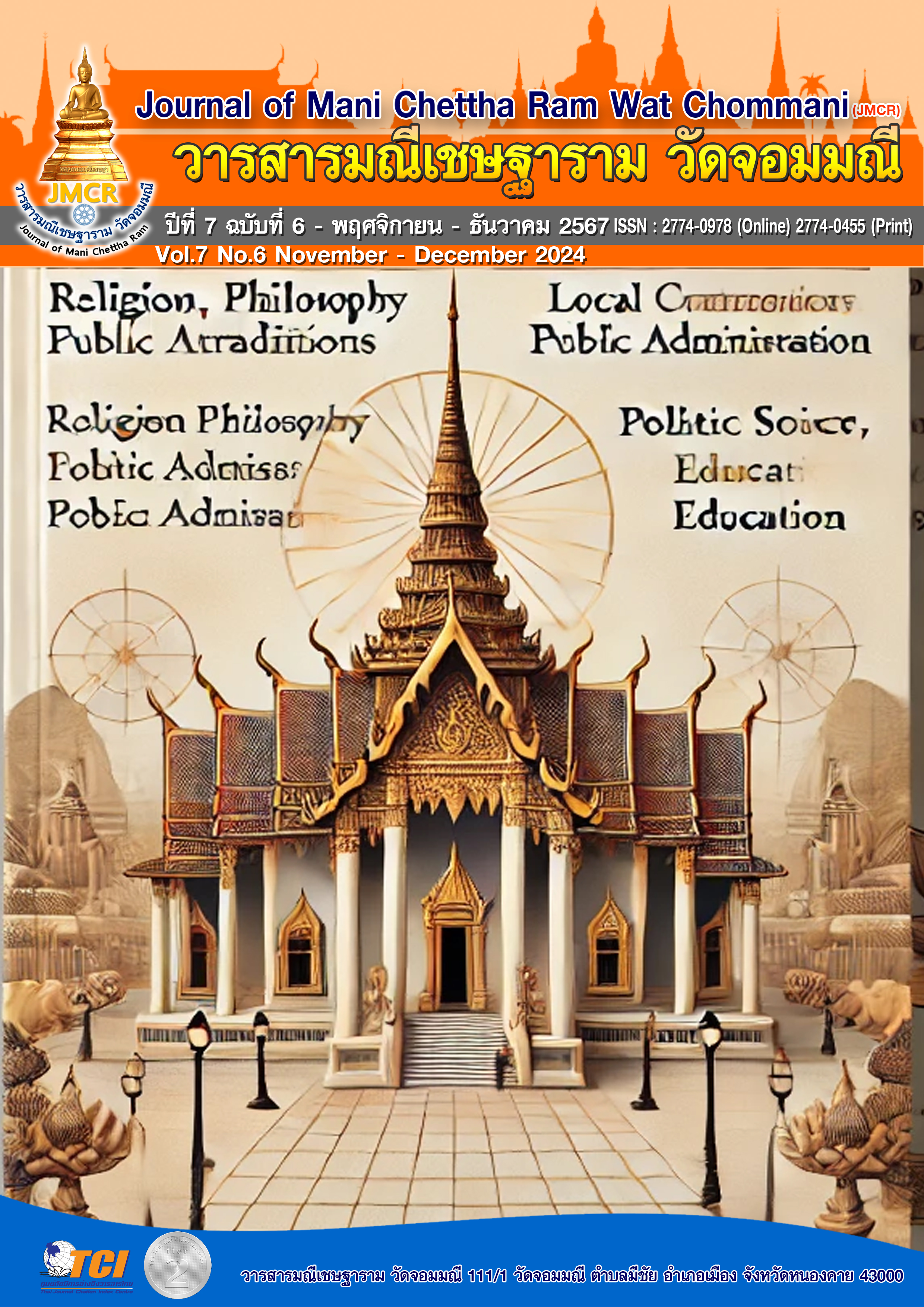BUDDHISM AND DEMOCRATIC DEVELOPMENT
Abstract
Buddhism and democracy are two systems of thought that aim to promote human and societal development toward peace and justice. While they originate from different contexts, both share common values of equality, freedom, and social responsibility. Key Buddhist principles such as the Four Paths to Accomplishment (Iddhipada), the Four Sublime States (Brahmavihara), the Four Bases of Social Solidarity (Sangahavatthu), non-violence (Ahimsa), and the Kalama Sutta can be linked to democratic development by fostering virtues that encourage the participation of all members of society. Applying Buddhist teachings in the process of democratic development can contribute to the creation of a just and peaceful society in a sustainable manner. However, in the modern era, Buddhism's role in democratic development faces challenges from social, economic, and political changes, which sometimes conflict with religious principles. Interpreting Buddhist teachings within a contemporary context is therefore crucial to addressing current societal issues in Thailand and promoting sustainable social development.
References
คมกฤช อุ่ยเต็กเค่ง. (2561). “อหิงสา” สันติวิธีในกระแสธารภูมิปัญญาอินเดีย. วารสารสังคมศาสตร์และ มนุษยศาสตร์, 44(2), 91-115
ธรรมจักร. (2560). อิทธิบาท 4 พรหมวิหาร 4 และหลักธรรมทางพระพุทธศาสนาที่เกี่ยวข้องกับประชาธิปไตย. วารสารพุทธศาสนิกชนศึกษา, 12(2), 45-60.
ปัญญานันทภิกขุ. (2545). ธรรมะกับการพัฒนาประชาธิปไตย. วารสารธรรมจักรวิทยา, 16(2), 59-70.
พระครูปลัดสุวัฑฒนพรหมจริยคุณ (คำมาก) . (2563). พระพุทธศาสนากับการพัฒนาทางการเมืองการปกครองใน สังคมไทย. วารสารปญญาปณิธาน, 5(1), 1-14.
พระณเดช ปคุโณ (สมบูรณ์พร้อม). พระครูพิศาลสารบัณฑิต และพระครูจิรธรรมธัช. (2564). แนวทางการพัฒนา ชุมชนตามหลักสังคหวัตถุ4 ของประชาชนชุมชน OTOPบ้านบกหวาน ตำบลค่ายบกหวาน อำเภอเมือง หนองคาย. Journal of Modern Learning Development, 7(1), 44-55
พระอุดมปัญญาภรณ์. (2565). พระพุทธศาสนากับประชาธิปไตย. วารสาร มจร อุบลปริทรรศน์, 7(2), 221-230
พัชรี ศิลารัตน์. (2556). การใช้หลักอิทธิบาท 4 ในการส่งเสริมความรู้ความเข้าใจในระบอบประชาธิปไตยของ เยาวชนเทศบาลเมืองร้อยเอ็ด พ.ศ. 2556. วารสารสถาบันวิจัยญาณสงวร, 5(2), 29-38.
สุภัทรา ภูมิประภาส. (2560). การต่อสู้ของภาคประชาชน : กรณีการคัดค้านโรงไฟฟ้าถ่านหิน. วารสารวิจัย สังคมศาสตร์, 3(2), 45-62.
สมชัย ศรีสุทธิยากร. (2549). พระพุทธศาสนากับประชาธิปไตย. วารสารการศึกษาเชิงพุทธปรัชญา, 7(1), 13-29.




